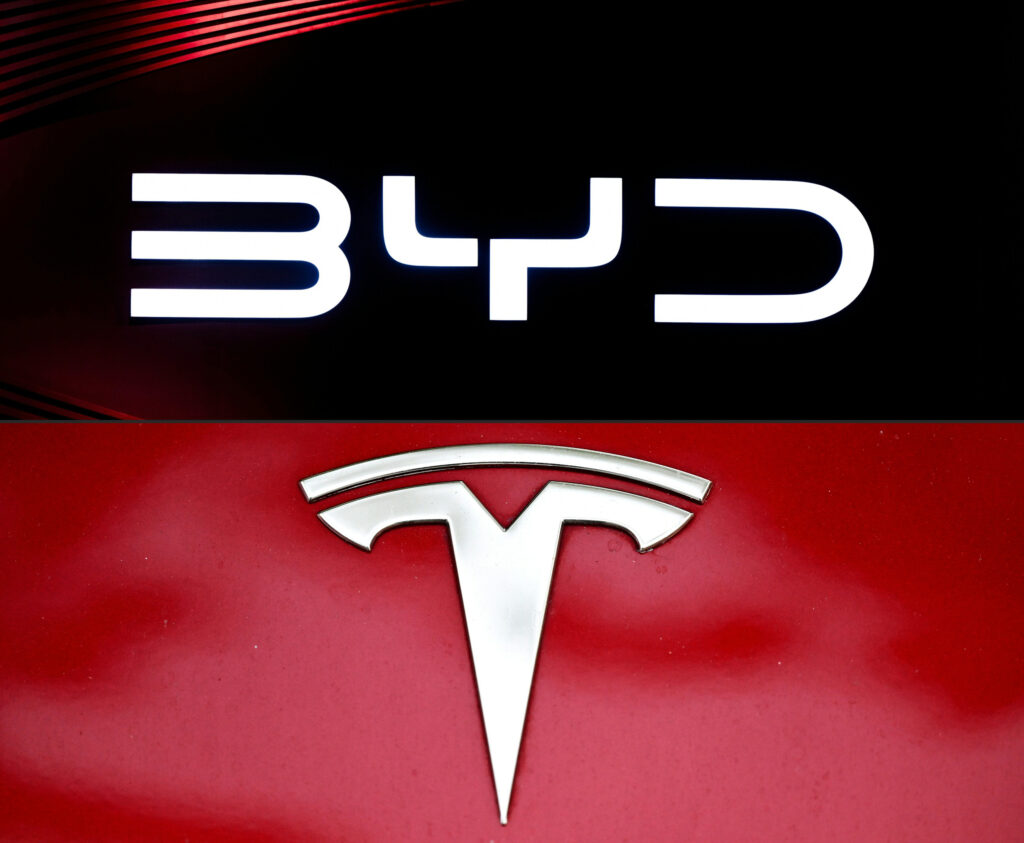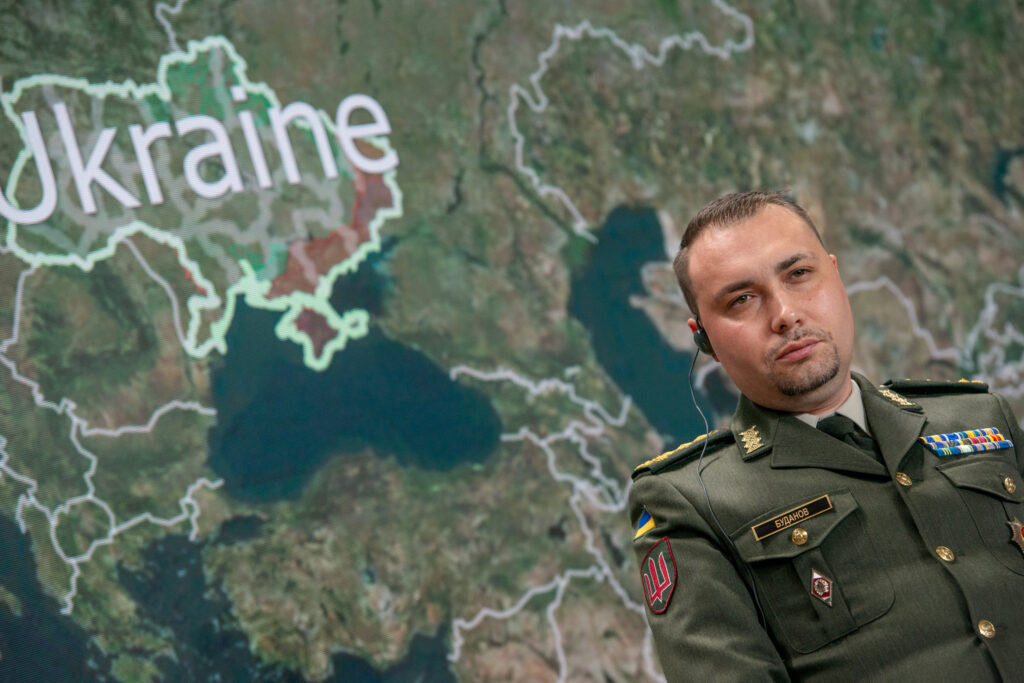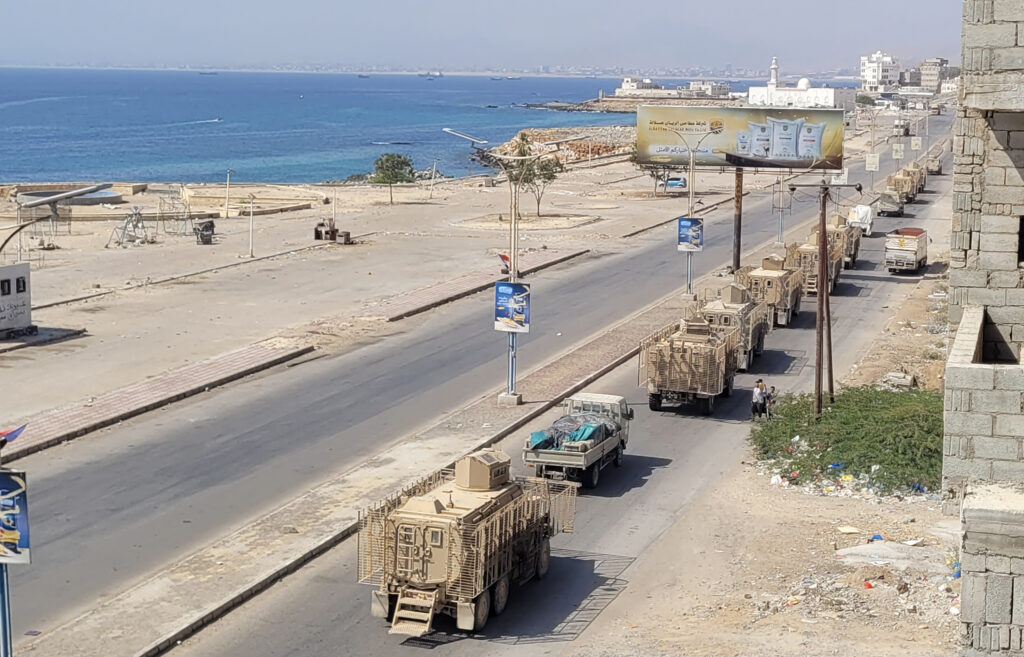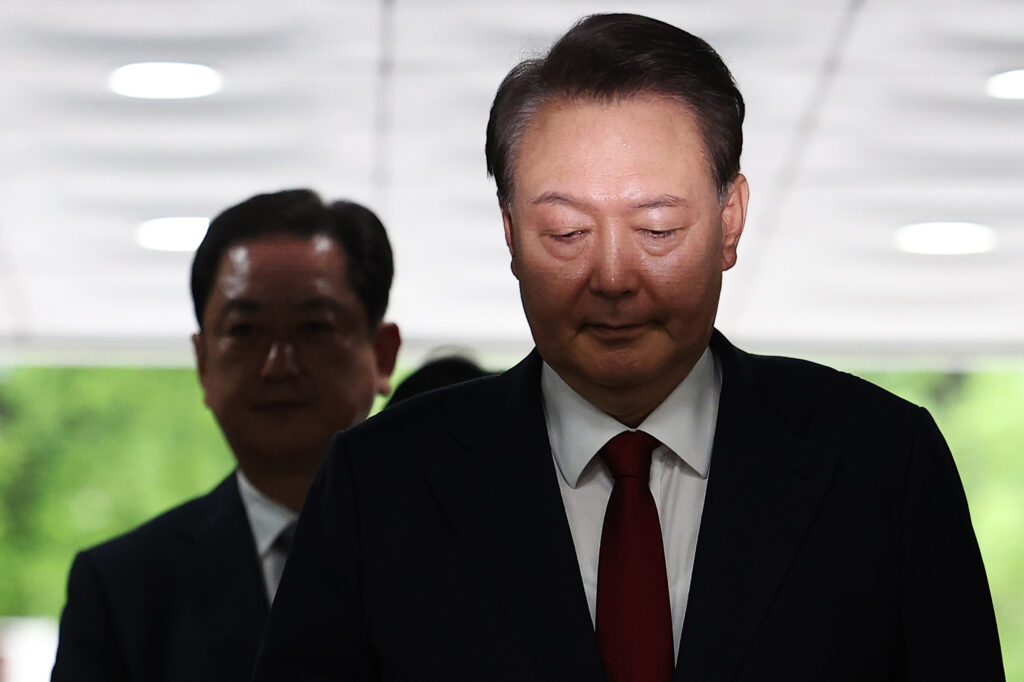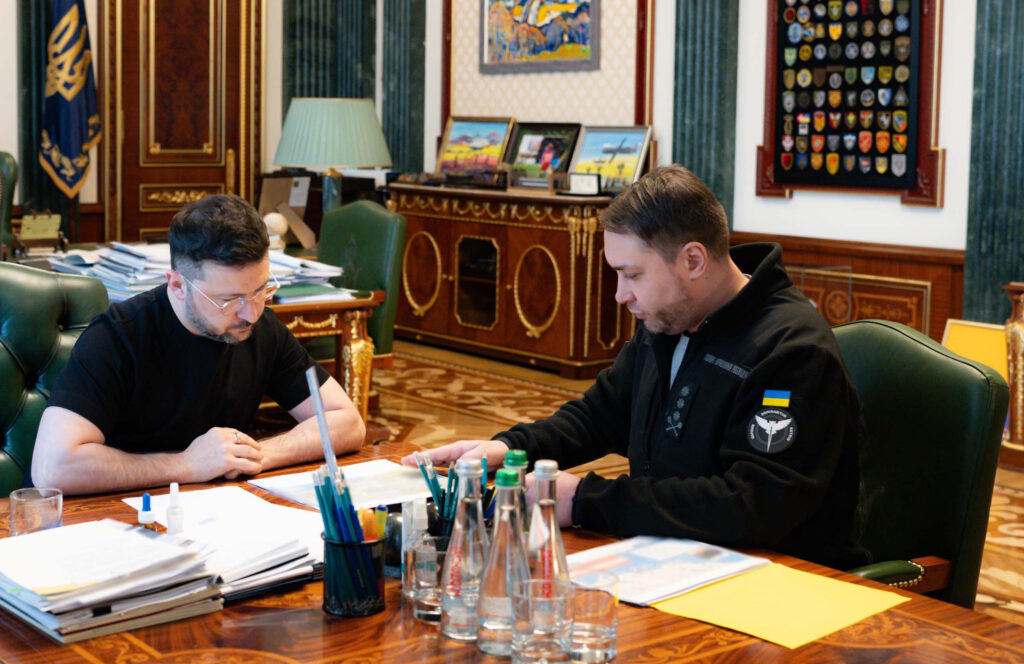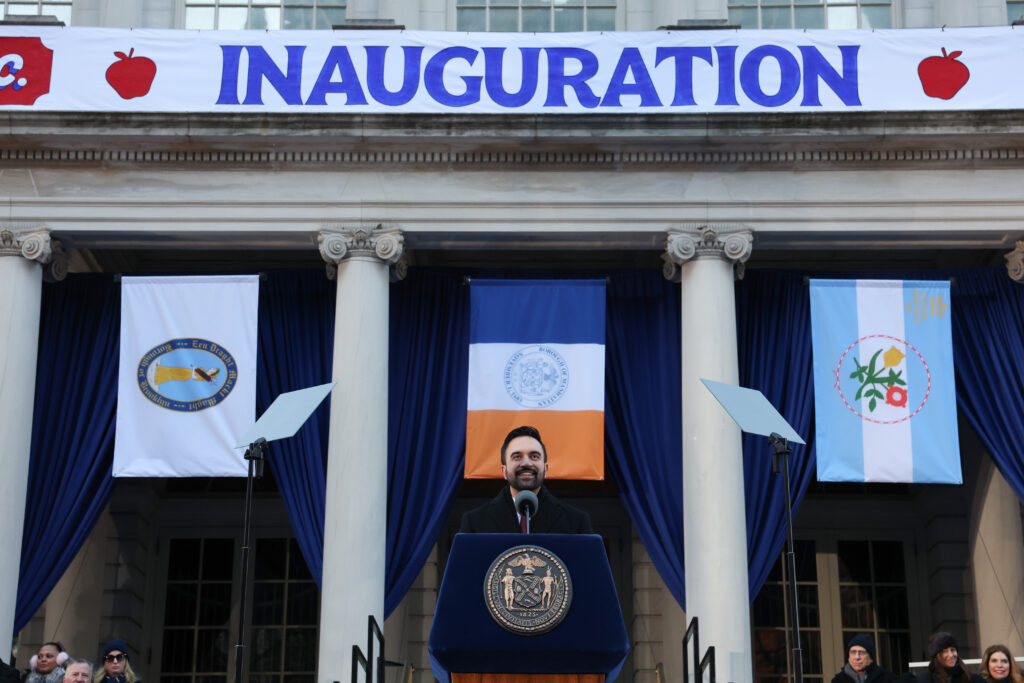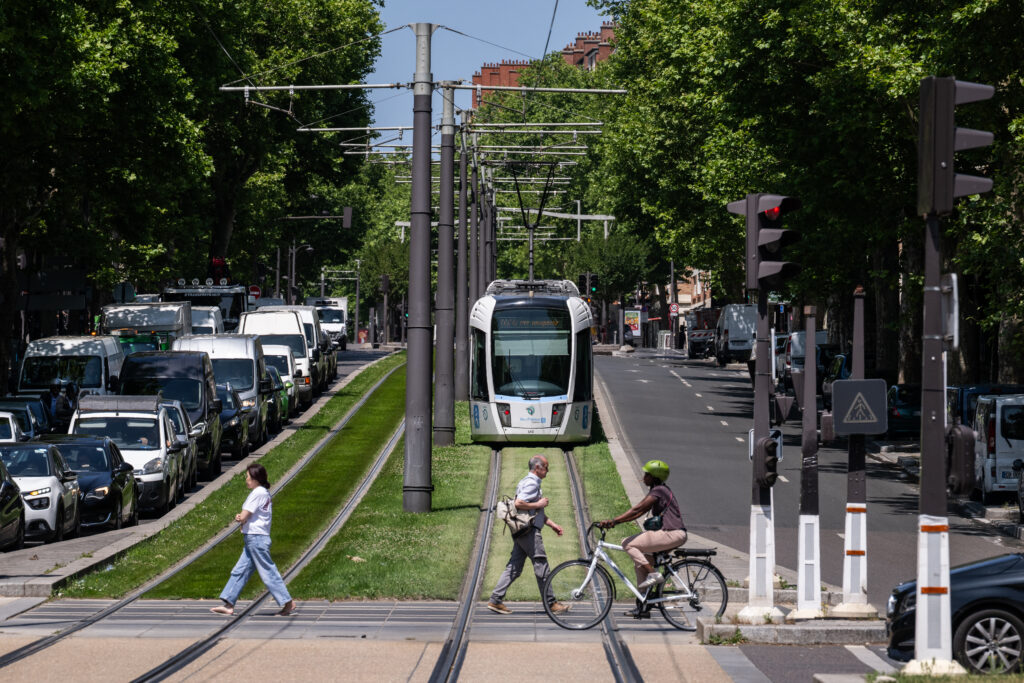Tesla perd sa couronne de premier constructeur électrique au profit du Chinois BYD
La tendance semblait inéluctable et s’est finalement confirmée lors de la publication des ventes des deux groupes: le chinois BYD est désormais le premier constructeur de véhicules électriques dans le monde, détrônant par la même occasion l’américain Tesla.Les deux groupes ont connu des trajectoires très différentes, avec une montée en puissance qui s’est poursuivie tout au long de l’année pour le Chinois, quand l’Américain voyait ses principaux marchés reculer, en partie du fait d’une implication de plus en plus marquée de son patron, le milliardaire Elon Musk, dans la vie politique américaine.Sur l’ensemble de 2025, le constat est sans appel: encore au coude à coude il y a un an, avec un léger avantage pour Tesla, la balance a fortement penché en faveur de BYD, dans un contexte de progression du marché de l’électrique au niveau mondial, même si le rythme est moins élevé qu’attendu.Conséquence, le groupe chinois a écoulé 2,26 millions de véhicules dans le monde, contre 1,76 million un an plus tôt, là où son concurrent américain a reflué à 1,64 million d’unités vendues, contre 1,79 million en 2024.Au dernier trimestre, l’entreprise d’Elon Musk a livré 418.227 nouveaux véhicules, contre plus de 495.000 unités un an plus tôt à la même période.Les analystes attendaient une baisse moins marquée, avec 449.000 nouveaux véhicules écoulés sur les trois derniers mois de l’année, selon le consensus publié par FactSet.Mais les marchés se sont finalement montrés rassurés par les chiffres, le titre Tesla progressant même à l’ouverture de Wall Street, en hausse de 2,84% à 09H45 (14H45 GMT).En cause, une forme de soulagement chez les investisseurs alors que “des rumeurs de ventes sous les 410.000 circulaient”, ont pointé dans une note les analystes de Wedbush.”L’entreprise navigue dans un environnement plus difficile, notamment depuis la fin du crédit d’impôt pour les véhicules électriques (aux Etats-Unis, NDLR) et alors que l’Europe reste un marché difficile” pour le groupe, ont-ils cependant reconnu. La fin de dispositif légal avait artificiellement soutenu les ventes au 3e trimestre.- Trajectoires divergentes -Plus largement, les analystes se montraient assez pessimistes quant aux marges de manoeuvre de Tesla, Deutsche Bank anticipant ainsi des ventes en baisse sur les principaux marchés du groupe, en Amérique du Nord (-33%), en Europe (-34%) et, dans une moindre mesure, en Chine (-10%).Le constructeur n’a cependant pas connu que des mauvaises nouvelles: il est ainsi devenu le premier fabricant en Norvège, où ses ventes ont bondi de près de 35%, à rebours de la tendance observée ailleurs en Europe.Plus globalement, les ventes du groupe d’Austin (Texas) ont également pâti d’une lenteur imprévue de la transition électrique, d’une concurrence croissante mais aussi de décisions du président Donald Trump, climatosceptique, depuis son retour à la Maison Blanche en janvier.Sans oublier la proximité d’Elon Musk, patron de Tesla, avec M. Trump, pendant la campagne et après son investiture, qui a terni l’image de la marque et provoqué manifestations, dégradations et appels au boycott. Les ventes ont plongé, et continuent de plonger, en particulier en Europe.Dans le même temps, son principal rival chinois s’est maintenu sur sa trajectoire fulgurante même si la rentabilité sur ses terres a souffert de la prudence des consommateurs. Pour cette raison, il s’active à s’ancrer à l’international.BYD “est l’un des pionniers dans l’installation à l’étranger de capacités de production et d’approvisionnement pour véhicules électriques”, a expliqué à l’AFP Jing Yang, directrice pour l’Asie-Pacifique de Fitch Ratings.Et “cette diversification géographique va probablement l’aider à naviguer dans un environnement de plus en plus compliqué en matière de droits de douane”, a-t-elle ajouté.
